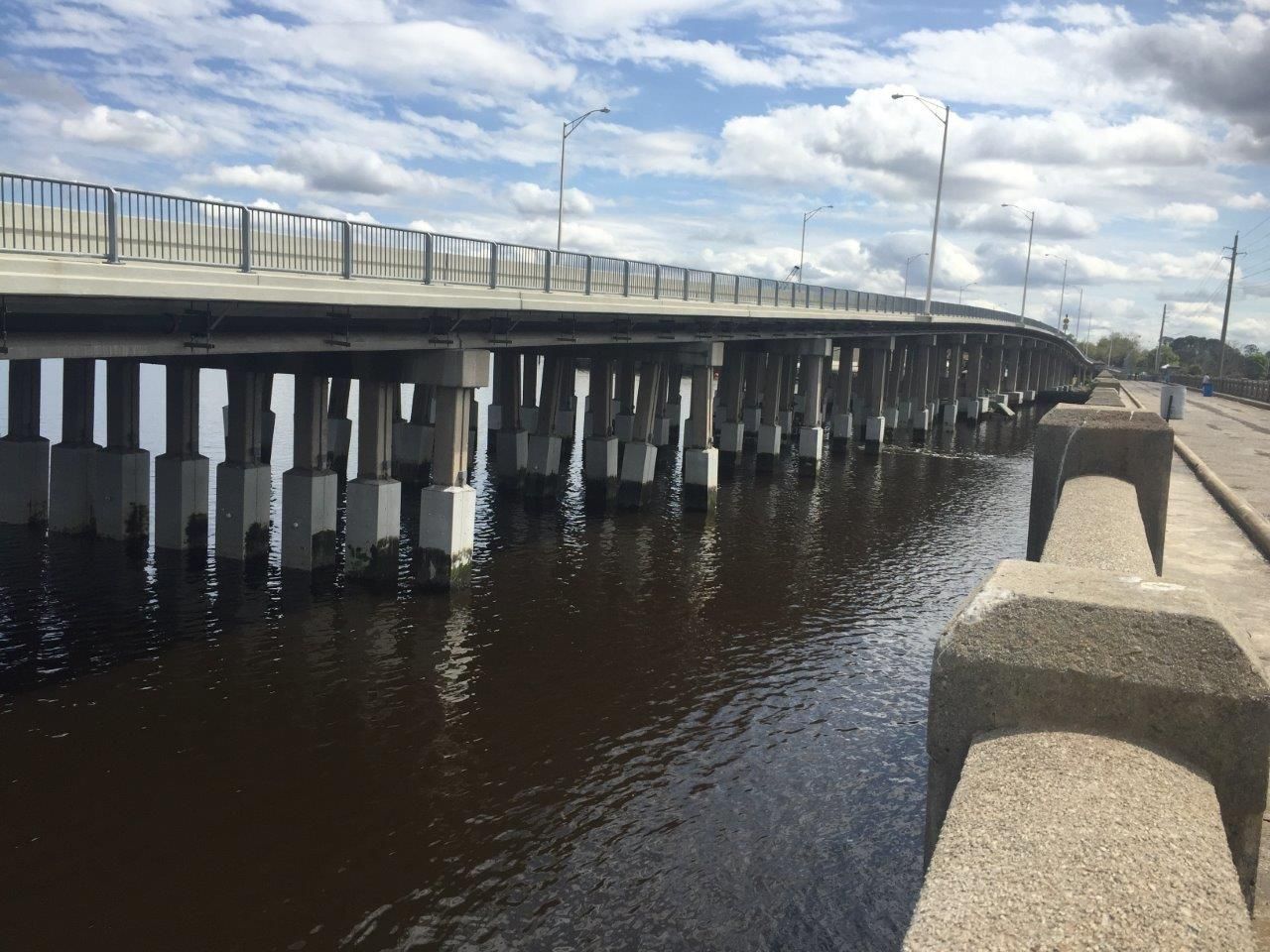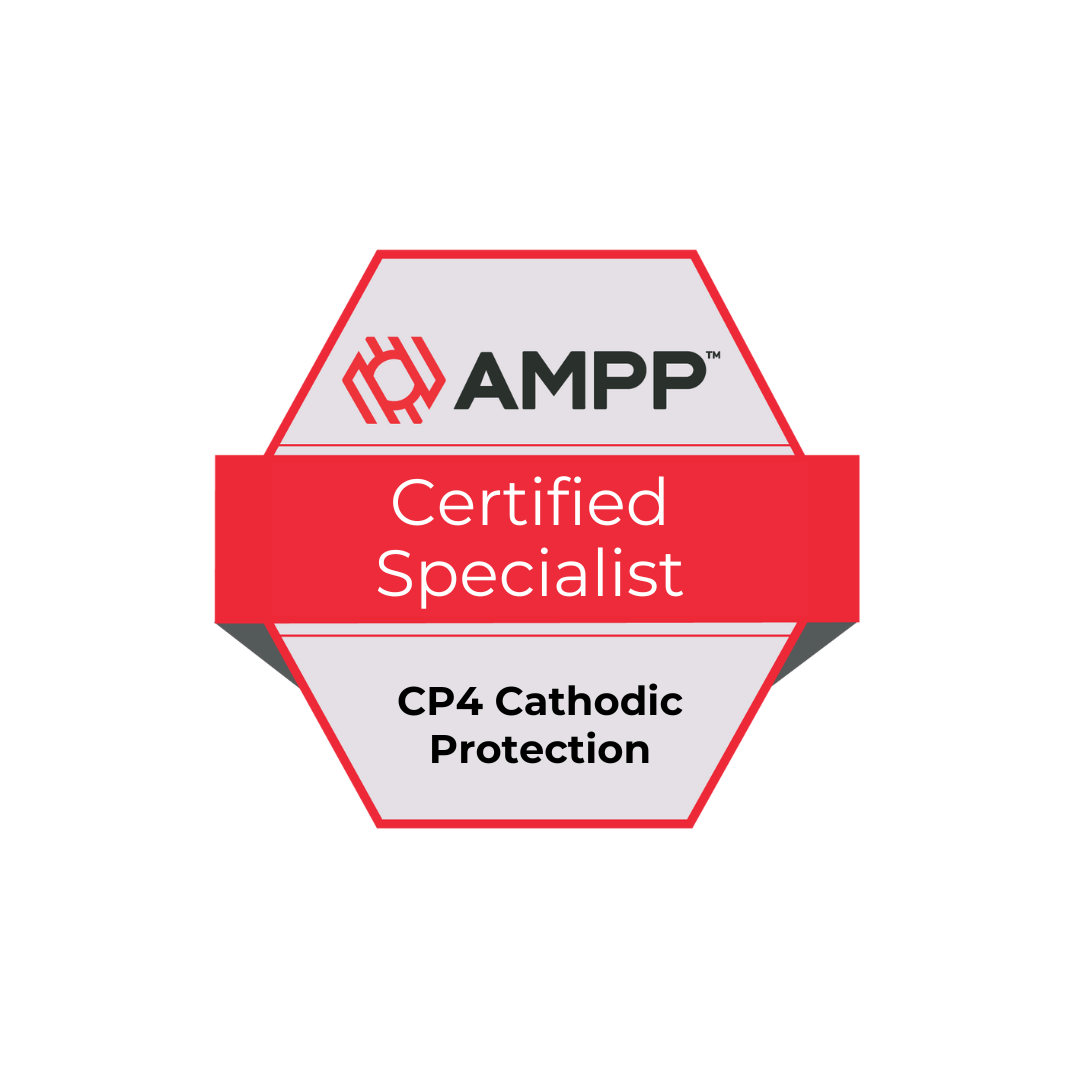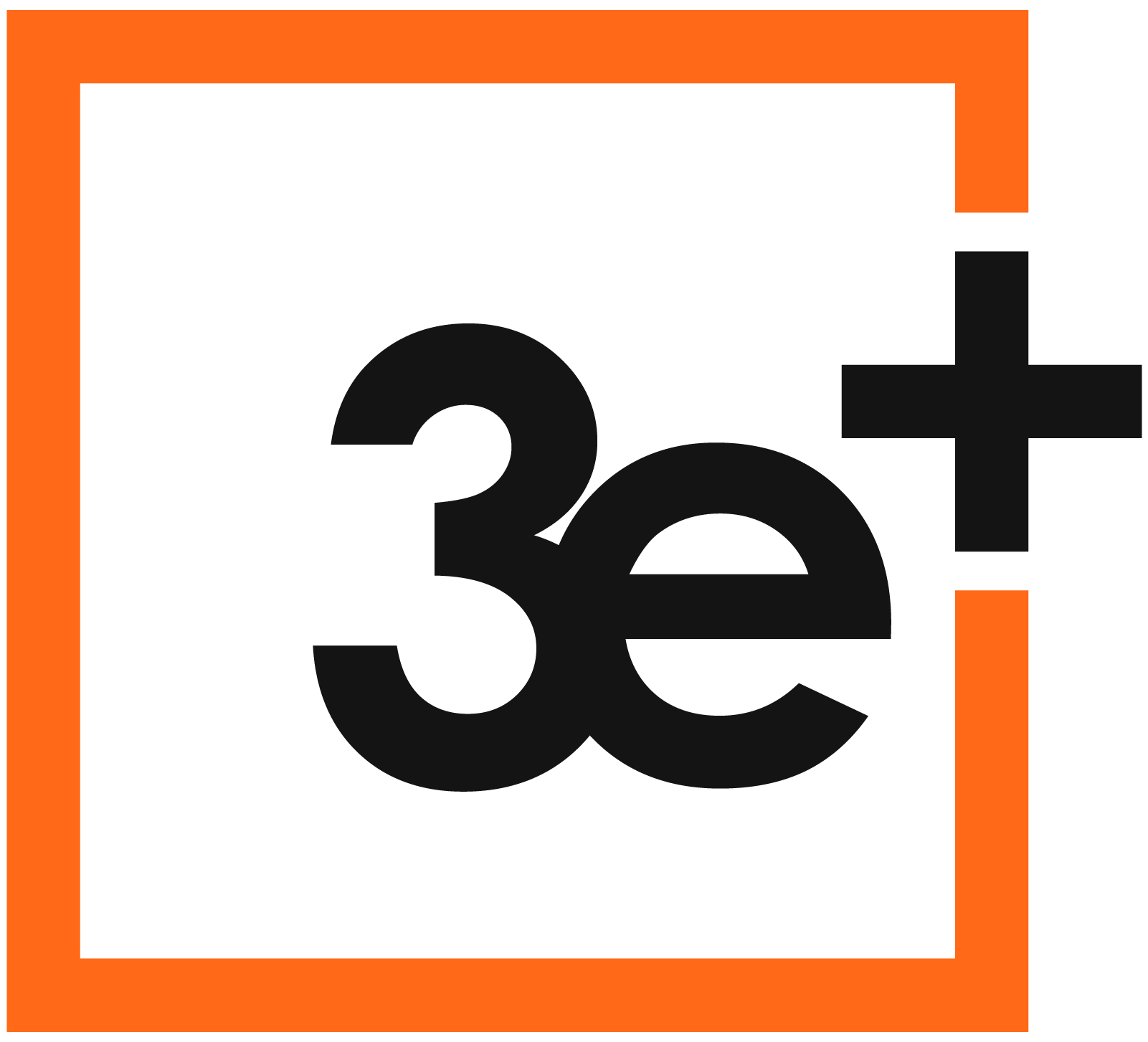Cathodic Protection Specialist SERVICES
Your expert partner guiding you in any or all phases of a cathodic protection project.
How can we help?
decades of experience
Trusted by Industry Leaders
3,500
Cathodic protection jackets
700,000
Square feet of thermal spray
10,000
BuLK ANODES for submerged elements
200,000
Lineal feet of titanium ribbon anode
The Benefits of Cathodic Protection
Extended Service Life
Cathodic protection extends the lifespan of critical infrastructure by mitigating corrosion. This ensures that structures remain durable and functional for many years.
Cost Savings
Cathodic protection helps reduce long-term maintenance and replacement costs. This makes it a cost-effective solution for managing infrastructure.
Public Safety
Corrosion can lead to catastrophic failures, posing safety risks. By using cathodic protection, the likelihood of such failures is minimized, safeguarding both people and property.
Sustainability
Using cathodic protection reduces the need for frequent repairs or replacements, which minimizes waste and promotes sustainability. This is an environmentally friendly approach to maintaining infrastructure.
How We Can Help
Design
When designing a cathodic protection (CP) system, several factors should be considered including exposure conditions, service life extension requirements and budgetary constraints. It is best to start off with an assessment of the existing structure. 3eplus can assist in determining whether the CP system should be galvanic or impressed current. Once this selection is made, 3eplus can recommend suitable anodes. Since 3eplus is not affiliated with any manufacturer/distributor of anodes or other CP system components, we can make recommendations in an unbiased manner.
3eplus has been involved with all the anode types for reinforced concrete and submerged steel structures. Anodes types ares simply tools in a toolbox for corrosion mitigation. The key is to select the right tool for the job.
When we design a CP system in a given state or territory, we ensure that the Engineer from 3eplus who is in charge is either registered or becomes registered as a Professional Engineer in such state or territory. Professional licensure protects the public by enforcing standards that restrict practice to those individuals who have met specific qualifications in education, work experience, exams, and ethics.
Inspect and Test
3eplus ensures that the CP system is installed correctly and all the necessary quality assurance testing is conducted. These services are referred to as Cathodic Protection Specialist or Corrosion Engineer services within construction documents and require certification/training from AMPP (previously NACE) which 3eplus personnel has attained at the highest level.
During the installation process, 3eplus will conduct construction observations and the specified quality assurance testing. Electrical continuity testing is an essential part of the CP system installation especially for reinforced concrete structures.
Energize
The last step of the quality assurance testing consists of energization testing. During the energization testing process, the CP system is powered up and monitored to ensure that it is operating correctly and providing adequate protection against corrosion. We obtain a variety of measurements including voltage, current, and circuit resistance.
We routinely perform polarization development/decay testing. 3eplus has the capability to perform E log I testing in the field. The results of these tests are used to evaluate the performance of the CP system and to make any adjustments needed to ensure the structure is protected and the CP system is performing optimally.
Monitor
3eplus monitors the performance of CP systems over time to ensure that the CP systems are providing the necessary corrosion mitigation. Monitoring can be conducted in the field and/or remotely (if the CP system is equipped with remote monitoring capabilities). Monitoring often involves a visual examination of the CP system and testing similar to that performed during the energization testing.
3eplus is capable of performing minor repairs and refurbishment of the CP system components as part of the field monitoring. For the last several years, the Florida Department of Transportation, largest owner and operator of CP systems in the US, has trusted 3eplus to monitor their CP systems on bridge substructures.
Our Advanced Certifications
3eplus is led by Leandro Etcheverry, an AMPP-Certified Cathodic Protection Specialist (CP4). CP4 is the highest level of certification in cathodic protection awarded by the Association for Materials Protection and Performance (AMPP).
Our services
Our Cathodic Protection Services
We offer a complete suite of cathodic protection services tailored to meet the specific needs of each project, including:
Assessment of structure for suitability for cathodic protection
Evaluating the conditions and requirements of your structure to determine if cathodic protection is the right solution.
Selection of cathodic protection system type and associated anodes
We recommend the most effective cathodic protection system and suitable anodes for your specific structure and exposure conditions.
Cathodic protection design, including calculations
Our team designs the system and performs calculations to ensure optimal performance.
Preparation of design documents
Detailed documentation of the cathodic protection design, including technical specifications and design drawings.
Construction observations and quality control testing
Our staff oversee the installation process, ensuring the cathodic protection system is installed correctly, with rigorous quality control testing.
Commissioning of cathodic protection systems
Once installed, we commission the cathodic protection system to meet appropriate performance criteria.
Troubleshooting of existing cathodic protection systems
If an existing system is underperforming, we diagnose and resolve issues to restore full protection.
Monitoring and maintenance
Ongoing monitoring and maintenance to keep your cathodic protection system functioning efficiently over its service life.
Real world examples
Case Studies
Trout River Bridge, Jacksonville, FL
Impressed Current Pile Jacket Cathodic Protection System

90+%
reduction in corrosion rate
Corrosion is a common problem facing bridges in marine environments. 3eplus provided cathodic protection specialist services associated with the Trout River Bridge in Jacksonville, Florida.
The cathodic protection system resulted in more than 90% reduction in corrosion rate based on electrochemical measurements obtained before and after cathodic protection system installation.
Florida Keys Energy, Monroe County, FL
Galvanic Jacket Cathodic Protection System for Transmission Structures

90+%
reduction in corrosion rate
3eplus was commissioned to address corrosion in the transmission structures of Florida Keys Energy. 3eplus designed the cathodic protection systems and provided quality control services during installation.
The cathodic protection system resulted in more than 90% reduction in corrosion rate based on electrochemical measurements obtained before and after cathodic protection system installation.
Our commitment to your project's success
Why Industry Leaders Choose 3eplus
Expertise and Certification
Our AMPP-certified technicians and specialists bring decades of experience and knowledge to every project.
Commitment to Quality
We have a proven track record or success backed by repeat clients.
Unbiased and Independent
We do not have affiliations with manufacturers or contractors as such we are able to deliver services in an independent and unbiased manner.
Applications
Common Applications of Cathodic Protection
Bridge Substructures
Bridges substructure elements in marine environments such as piles, caps, piers and columns are prone to corrosion, which can significantly compromise their structural integrity.
Marine Structures
Marine structures such as piers, dock, dolphins and seawalls are prone to corrosion. Implementing cathodic protection in these environments mitigates corrosion.
Condominiums
Balconies, parking garages and above-water pools are subject to corrosion deterioration. Cathodic protection is effective in mitigating corrosion.
STATE-OF-THE-ART TECHNOLOGY
Cathodic Protection Systems
High Performance Materials
We specify durable anodes and materials that are best suited for your structure.
Advanced Monitoring
We specify state-of-the-art remote monitoring systems that provide real-time monitoring of cathodic protection systems. These systems help detect issues early, minimizing interruptions in the protection.
Diagnostic Software
Sophisticated software analyzes performance of the cathodic protection and health of the structure. It provides actionable insights for adjustments and maintenance which ensure optimal performance over time.
Let’s talk about your project
FAQs
Frequently Asked Questions
What is cathodic protection?
Cathodic protection is a technique used to mitigate corrosion of a metal.
How does cathodic protection prevent corrosion?
By providing electrons to the metal surface, cathodic protection neutralizes the electrochemical reactions that cause corrosion.
What are anodes made of?
In the case of galvanic systems, anodes are typically zinc, magnesium, or aluminum, which corrode preferentially with respect to the protected element. instead of the protected structure. In the case of impressed current systems, materials such as titanium coated with mixed metal oxides are used to deliver the protective current.
What are the advantages of cathodic protection?
It prevents corrosion, extends the lifespan of structures, reduces maintenance costs, and ensures safety.
What are the two types of cathodic protection?
The two main types are galvanic (sacrificial) and impressed current cathodic protection systems.
What is galvanic cathodic protection?
Galvanic cathodic protection introduces a new metal (anode) which corrodes preferentially with respect to the metal to be protected.
What is impressed current cathodic protection?
Impressed current cathodic protection uses a power supply to provide a constant source of current to protect the metal from corrosion. The anode, in impressed current system, helps to deliver the current.
Why is cathodic protection necessary?
It is crucial to mitigate corrosion, which can lead to structural failures and costly repairs.
How do I know whether I need ICCP or galvanic cathodic protection?
Our experts can evaluate your project's needs and environmental conditions to determine which type of cathodic protection system will offer the best results.







